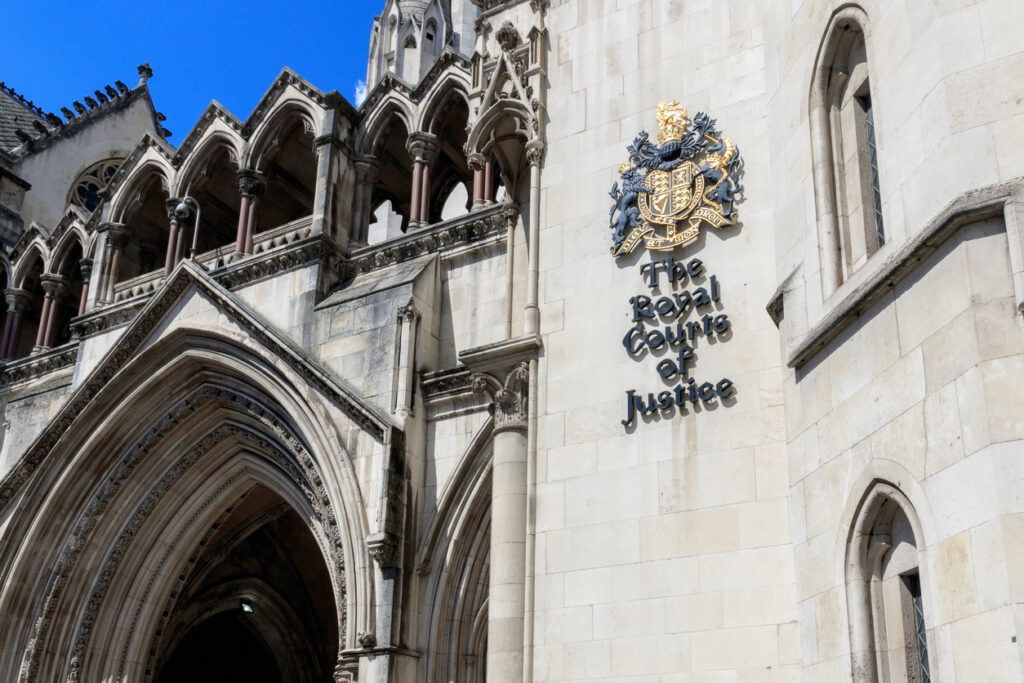Urgency is a word in constant use to emphasise the immediacy and scale at which our changing climate demands action. After more than ten years at the helm of the Climate Change Committee (CCC), I recognise the opportunities that this urgent action offers — economic, social, and environmental — as well as the disastrous consequences of failing to respond quickly enough.
Yet, the meaning of ‘urgency’ seems lost on those who need to grasp it most – our political leaders. They alone have the power to set in motion the rapid transformation that is necessary to deliver on our climate goals. That was recognised by the UK when they hosted the UN climate talks in Glasgow in 2021. We led the world in setting the tough targets we need to avert disaster and to turn this immense problem into a real opportunity to build a better world. Alok Sharma and his team rose to the occasion and, with all its deficiencies, my view is that COP26 set us on the path to Net Zero in 2050.
Yet, necessary as they are, targets are only the beginning of the process and the CCC has consistently emphasised the necessity of a detailed programme if those targets are to be achieved. It was the lack of that which led the High Court to insist that this Government produce a clear delivery programme by the end of March 2023. In response, the Government published a many-paged document which, it claimed, met the Court’s requirement. In fact, upon detailed expert analysis, it became clear that this document gave even less assurance of meeting our legally binding targets than had been previously thought. It was because of this that I took the decision to support a legal challenge in the High Court by Friends of the Earth. Their challenge over the inadequacy of the government’s climate strategy was heard last month alongside two separate, but related, cases brought by Good Law Project and ClientEarth.
I was still in post at the CCC at the time the Government produced its updated climate strategy. In the many years I led the organisation, the CCC would get advanced information about any plans published under the 2008 Climate Change Act. Yet ahead of the publication of the UK’s new climate strategy in March 2023, this failed to happen. The departure from established ways of working has led me to believe the Government did not want its official advisers to examine the draft plan before it was published.


It would have given much greater authority to the plan if the Government’s independent advisers had been able to support its conclusions. After all, once the plan was published, the CCC was duty-bound to assess it and that we did. Far from giving greater confidence in the Government’s policies, it made us feel that they would be even less likely to be successful given the reliance on technological fixes and because their fundamental assumption was that everything would go to plan: no shortfalls; no failures; nothing unforeseen; no margin for error. Yet, no one would run a business, or even their private life, on that basis! What previous Government plan has ever delivered in full? Yet, faced with the inevitable uncertainties caused by a rapidly destabilising climate, they had assumed everything would go without a hitch.
What’s more, in my view, it’s clear from evidence presented to the court that then Secretary of State, Grant Shapps, lacked adequate information about the risks associated with the delivery of policies contained within the plan. The Department for Environment, Food, and Rural Affairs (DEFRA), produced risk assessments that detailed its level of confidence in the strategy’s decarbonisation policies. These rated approximately half of its policies red or red/amber in terms of delivery risk. That meant the Department had ‘very low’ or ‘low’ confidence in these policies being successfully achieved. So, instead of all policies being certain of success, half of them were likely to fail. Sadly, these assessments were never supplied to the Secretary of State ahead of the report’s publication, nor were they referenced in the final plan. Had they been, I do not believe he could have concluded that our statutory climate targets could be met by this programme.
When the CCC was finally able to study the detail of the Government’s climate plan, we found there are credible plans in place for less than 20% of the emissions cuts required. As we are a mere six years off having to meet our international commitment for reducing emissions by more than two thirds, the prognosis looks increasingly bleak.
But we can put it right. The very real effects of climate breakdown are battering communities here in the UK and throughout the world. Increasingly, people faced with floods and drought, water shortages and food insecurity will demand governments act. Instead of pretending we can delay and deny, we need to turn this existential problem into an opportunity. Renewable energy means cheaper heat; cleaner air; less illness; more jobs. Regenerative farming means a blossoming countryside, more biodiversity, healthier food. Low carbon building means warmer homes; more efficient workplaces; cheaper production. Sustainable industry and commerce means more exports and more employment. Let’s agree the Government’s plan won’t deliver and get our leaders to produce one which will.
Politics.co.uk is the UK’s leading digital-only political website, providing comprehensive coverage of UK politics. Subscribe to our daily newsletter here.












